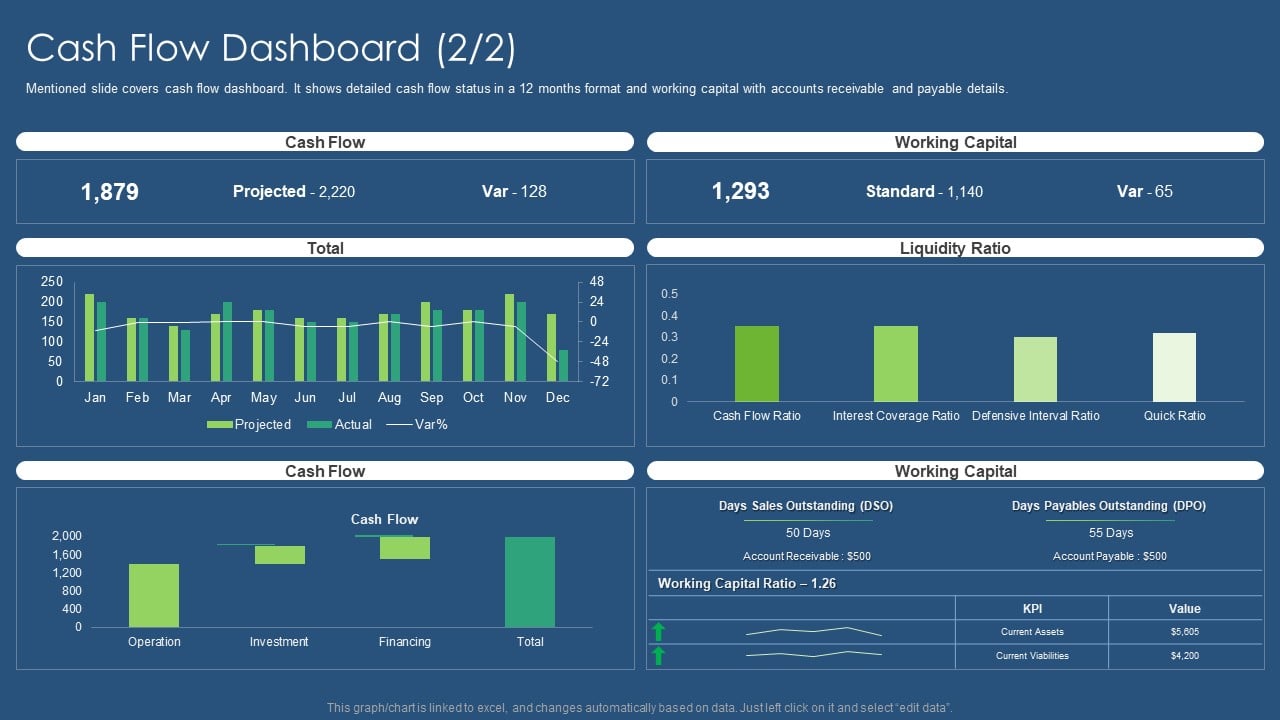

Finance
Capital Tax Definition
Published: October 23, 2023
Learn the capital tax definition and its significance in finance. Explore how this concept impacts financial planning, investments, and tax liabilities.
(Many of the links in this article redirect to a specific reviewed product. Your purchase of these products through affiliate links helps to generate commission for LiveWell, at no extra cost. Learn more)
The Ins and Outs of Capital Tax: A Comprehensive Guide
Welcome to our Finance category, where we dive deep into various topics related to personal finances, investments, and tax planning. In this article, we will explore the fascinating world of capital tax, a crucial aspect of financial planning that often leaves individuals puzzled. What exactly is capital tax, and how does it impact your financial situation? Let’s find out!
Key Takeaways:
- Capital tax refers to a tax levied on the net worth of an individual or organization, including assets such as real estate, investments, and other valuable possessions.
- It is important to stay updated with the latest capital tax rates and regulations in your jurisdiction to effectively plan your finances and minimize tax liabilities.
Capital tax, also known as wealth tax or net worth tax, is a form of taxation that is based on the net value of an individual’s or organization’s assets. It includes various assets such as real estate, investments, cash holdings, and valuable possessions like jewelry or artwork. This tax is levied on individuals, families, or entities whose net worth exceeds a certain threshold set by the government.
Now you may be wondering, why does capital tax exist? The primary goal of capital tax is to promote a fair distribution of wealth within a society. By taxing individuals with significant wealth, governments aim to address income inequality and generate revenue to fund public services and initiatives. Capital tax can also serve as a deterrent against excessive accumulation of wealth, encouraging individuals to invest in the economy and contribute to its growth.
It’s important to note that capital tax rates and regulations vary from country to country, and even within different states or provinces. Therefore, it’s essential to have a clear understanding of the specific rules and thresholds that apply to your jurisdiction to effectively plan your finances and minimize your tax liabilities.
Here are a few key factors to consider when it comes to capital tax:
- Threshold: Each country or jurisdiction sets a specific threshold or exemption limit, below which no capital tax is applied. This means that if your net worth falls below the threshold, you might be exempted from paying the tax. However, as your net worth increases, the tax rate gradually increases.
- Valuation of Assets: Properly valuing your assets and understanding what counts as taxable net worth is essential. It’s crucial to consult with professionals or tax advisors who can accurately assess the value of your assets and guide you through the process.
- Planning and Strategies: Since capital tax can have a significant impact on your financial situation, it’s advisable to explore legal strategies and financial planning options to minimize your liabilities. This can include estate planning, charitable giving, and investment diversification.
While capital tax can seem complex and overwhelming, it is an integral part of financial planning. Staying informed about the latest regulations and seeking expert advice can help you navigate this aspect of taxation with confidence and make informed decisions that align with your financial goals.
At [Your Company Name], we understand that taxes can be a challenging area to navigate. That’s why we provide comprehensive financial planning services to help you optimize your tax strategies and protect and grow your wealth. Contact us today to learn more about how we can assist you on your financial journey!














